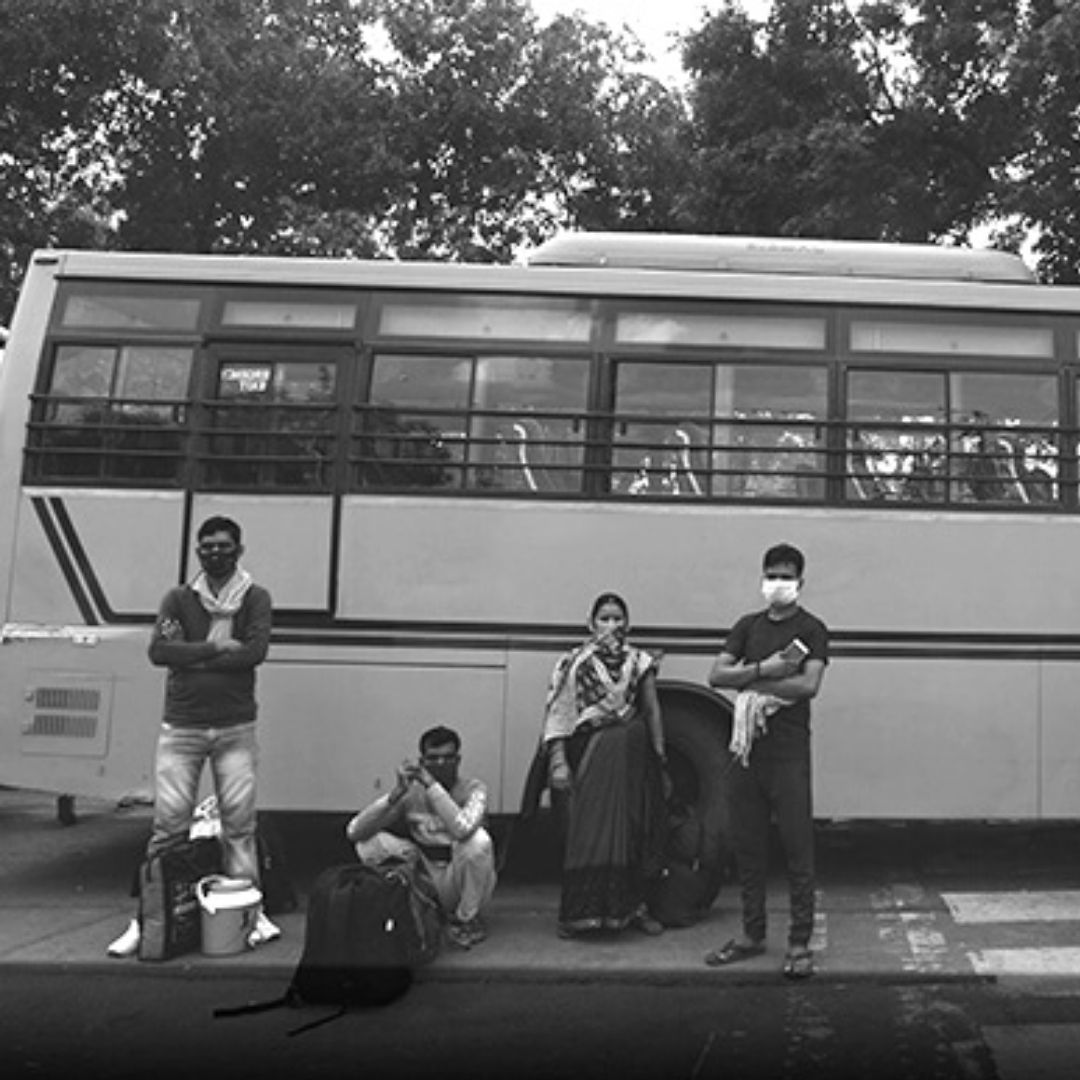Over 60,000 Families Displaced, Forcibly Evicted From Homes Amid COVID-19 Pandemic: Report
Writer: Devyani Madaik
A media enthusiast, Devyani believes in learning on the job and there is nothing off limits when it comes to work. Writing is her passion and she is always ready for a debate as well.
India, 11 Sep 2021 6:51 AM GMT
Editor : Palak Agrawal |
Palak a journalism graduate believes in simplifying the complicated and writing about the extraordinary lives of ordinary people. She calls herself a " hodophile" or in layman words- a person who loves to travel.
Creatives : Devyani Madaik
A media enthusiast, Devyani believes in learning on the job and there is nothing off limits when it comes to work. Writing is her passion and she is always ready for a debate as well.
The people residing in these places belonged to low-income communities. They became homeless amid the pandemic and economic crunches faced worldwide. Not only they were the worse-off, but it was also a violation of their fundamental human rights.
Nearly 61,257 families were displaced from their homes since March 2020, including 245 cases of forced eviction, during the COVID-19 outbreak.
This is according to a report by the Housing and Land Rights Network - 'Forced Evictions in India in 2020: A Grave Human Rights Crisis During the Pandemic'.
Of them, 126 evictions occurred from March 2020 to July 2021, and 119 this year, from January till July 21, The Indian Express reported.
The people residing in these places belonged to low-income communities. This rendered them homeless amid the pandemic and economic crunches faced worldwide. Not only they were the worse-off, but it was also a violation of their fundamental human rights.
"The demolition has resulted in the blatant violation of human rights, including the right to life guaranteed by the Constitution. This destruction at this time needs to be strongly denounced, with an immediate suspension of all planned demolitions and evictions," stated the report.
Homes Demolished
Within these months, thousands of homes were demolished by the local administrations of several states, including 12,000 homes in Faridabad Khori Gaon by the Municipal Corporation, 300 in Ramesh Park by the Delhi Development Authority, 450 in Mumbai's Chheda Nagar by the Mangrove Conservation Cell, 200 in Mysuru by the Karnataka Slum Development Board, and 130 in Arumbakkam by the Tamil Nadu Slum Clearance Board.
The reasons given by the authorities for the demolition stood out to be encroachment, land protection, environmental, city beautification projects, and so forth. The reports stated that 49 per cent of evictions were rationalised for environmental projects and forest protection, 25 per cent for infrastructure projects and 19 per cent for slum clearance and encroachment.
In 15 incidents of evictions last year, the authorities had orders from the courts.
The report highlighted the irresponsibility of the administrations and their lack of measures for rehabilitating the families or issuing a notice before evicting them, as directed by the Supreme Court.
Of the 147 incidents of eviction reasoned to encroachment in 2020, information on resettlement is available on 127 of the affected. Resettlement and alternative housing were provided to only 9 per cent of affected sites (12), partial resettlement was given in 2 per cent of the sites (3), and compensation in only 1.5 per cent (2) of the sites.
Also Read: Service Never Stops: Army Veterans Gift Home To Orphans, Paralysed Women, Senior Citizens In Pune
 All section
All section















